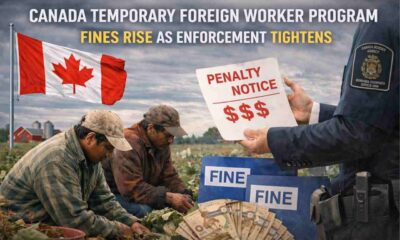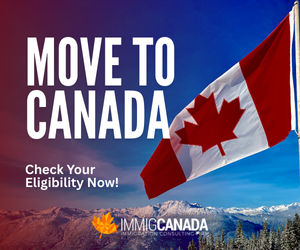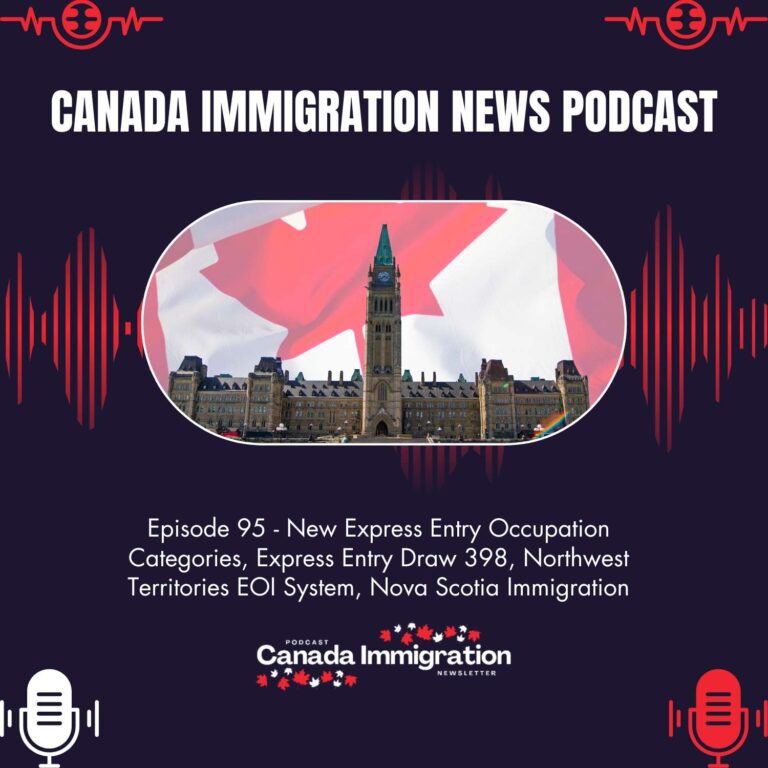Immigration Announcement
Conservative Party Leads Immigration Concerns Amid Cost-of-Living Worries

Recent polling by Abacus Data shows the Conservative Party taking a commanding lead on immigration issues, with 62% of Canadians citing the party as best positioned to handle the matter. The survey, conducted between September 26 and October 1, 2025, of 1,504 adults, also highlights growing public anxiety over the rising cost of living, making economic issues central in voter decision-making.
As voters weigh their options, the Liberals remain close behind in overall vote intention but trail significantly on key concerns like immigration, crime, and housing affordability. The next federal election could hinge on how parties differentiate themselves on these pressing issues.
Cost of Living and Immigration: Voter Priorities
Affordability is now the top concern for Canadians, with 62% naming it among their three main worries. Immigration ranks high among issues where the Conservatives are gaining traction, leading 62% to 17% over the Liberals. This suggests that voters view the Conservative Party as more capable of managing population growth while addressing economic strain.
Other key concerns include:
- Healthcare: 35%
- Economy: 35%
- Housing affordability: 34%
- Crime and public safety: 21%
This shift toward economic issues signals that voters are looking for leadership that can balance immigration with tangible support for Canadians’ day-to-day expenses.
Leadership Impressions: Carney vs. Poilievre
Mark Carney, the Prime Minister, maintains modest favourability at +14, but only 40% of Canadians say he has met expectations. Conservatives have leveraged comparisons with former Prime Minister Justin Trudeau, framing Carney as a continuation of past policies. This approach appears effective: among those who view Carney as too similar to Trudeau, 80% plan to vote Conservative.
Pierre Poilievre remains steady, with a narrow negative net favourability of -2, but holds an edge on core issues such as immigration, crime, and the economy. This strengthens the Conservative position as voters weigh practical solutions over party loyalty.
Regional and Demographic Breakdown
The poll highlights key regional and demographic trends:
| Region | Conservative Lead | Liberal Lead |
| Alberta | 57% | 25% |
| Ontario | 42% | 45% |
| BC | 41% | 41% (tie) |
| Atlantic Canada | 41% | 47% |
| Quebec | 26% | 37% (BQ 30%) |
Education and gender also play roles: university-educated voters lean Liberal, while those with college or apprenticeship training favor Conservatives. Men lean slightly Conservative, women slightly Liberal, reflecting subtle divides that parties may target in upcoming campaigns.
Why Immigration is a Key Battleground
The Conservative Party’s advantage on immigration and affordability positions them strongly ahead in these debates. While the Liberals retain influence on healthcare and climate change, voters increasingly prioritize issues tied to economic security and population management.
For Carney and the Liberals, demonstrating a distinct policy identity apart from Trudeau’s legacy will be critical. Otherwise, the Conservatives’ narrative of addressing affordability and immigration simultaneously may continue to resonate with Canadians.
The latest Abacus Data poll underscores that the Conservative Party is leading on immigration, now cited by 62% of Canadians as their preferred party for handling this issue. With cost-of-living concerns at the forefront, economic credibility and effective management of immigration will likely dominate voter decisions in the months ahead. For the Liberals, carving out a distinct path from past policies will be essential to regain lost ground.
























